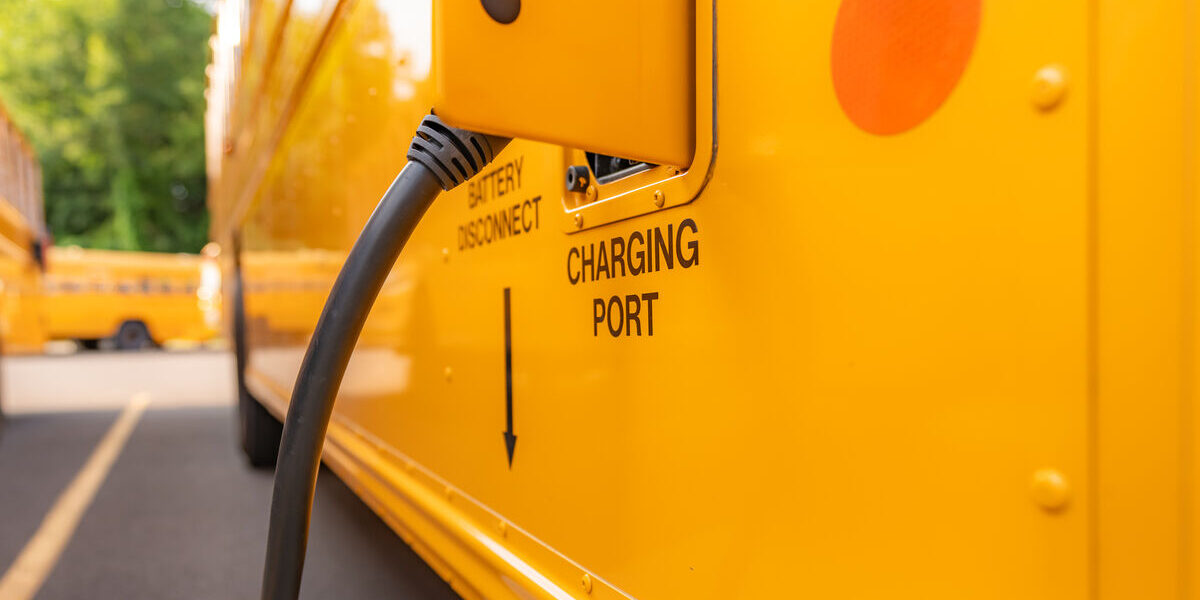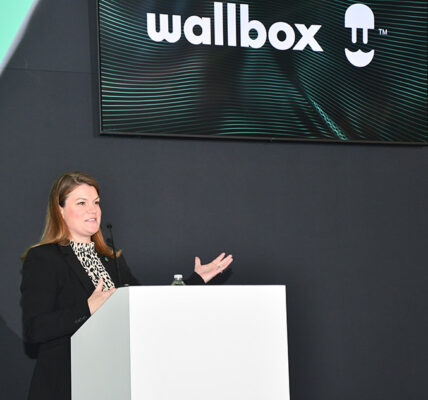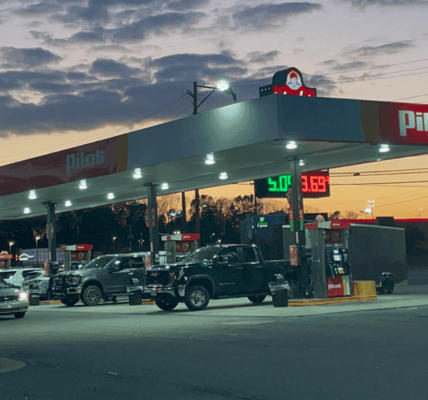Biloxi Public Schools (BPS) has announced a significant initiative to install the largest fleet of electric vehicle (EV) school buses in Mississippi. Funded via a $11,455,000 grant from the EPA’s Clean Bus program, BPS will acquire 29 new EV school buses and install accompanying charging infrastructure. This initiative is set to roll out in 2025 under a strategic collaboration with project partners Mississippi Power and Schneider Electric.
This landmark grant will allow the district to upgrade just under 40% of the bus fleet, including all necessary electrical infrastructure and charging equipment, at no additional cost to local taxpayers. The new buses will significantly reduce the district’s fuel and long-term operational costs.
The buses being replaced are the oldest in the fleet, with an average age of 20 years. These buses account for the largest piece of the district’s bus maintenance budget. In contrast, each new EV bus will require minimal maintenance and cost considerably less to fuel, averaging out to an annual savings of $0.39 per mile driven.
That means that over its operational lifespan of 15 years, the new EV fleet will save the district over $6 million in fuel, maintenance and replacement costs compared to their diesel and gas-powered predecessors.
In addition, harnessing the potential of electric mobility will create a healthier ride for students and improve community air quality by eliminating diesel tailpipe fumes. The district will be able to phase out 20 diesel-fueled buses from daily operation. Phasing out diesel engines will also reduce noise pollution for students, school district staff and residents along bus routes.
“This project is about modernizing our fleet to benefit our students and community in a meaningful way,” said Marcus Boudreaux, Superintendent of Biloxi Public Schools. “We’re excited to be a leader in Mississippi by being committed to a safer, cleaner, and more cost-effective transportation system for our students.”
The new buses are expected to be fully operational within two years. The district has begun construction on the charging and electrical infrastructure needed to support the new EV bus fleet and is currently in the process of selecting an EV bus vendor. BPS is managing the transition to ensure uninterrupted bus service for students.
Mississippi Power’s electric transportation and power delivery teams played a pivotal role in assisting Biloxi Public Schools’ electrification efforts. The electric transportation group worked with the school system on the grant application while the company’s Biloxi engineering team designed the electrical infrastructure needed to charge the buses.
“Biloxi Public Schools is taking an innovative approach to how they safely transport their students to and from campus each day,” said Mississippi Power Vice President of External Affairs and Customer Growth Gifford Ormes. “Adding the largest fleet of electric school buses in Mississippi demonstrates how committed the district leadership is to a sustainable future and forging a new path forward.”
This initiative underscores BPS’s long track record of using strategic financial planning to maximize the district’s educational mission. BPS launched a partnership with energy management expert Schneider Electric in 2010 to strategically reduce and reinvest energy costs into modernizations across school learning environments and building systems.
Since the beginning of this partnership, Schneider Electric has helped the district reinvest over $4 million in energy savings. Together, BPS and Schneider Electric have also been able to secure and leverage $9.7 million in funding from federal grants, COVID-era stimulus funding, utility rebates from Mississippi Power and a state energy program grant from the 2010 American Recovery and Reinvestment Act stimulus package through the Mississippi Development Authority.
Additionally, Schneider Electric is helping BPS leverage and stack an additional $12.65 million in federal grant funding and tax incentives to support upcoming efficiency and transportation projects. In addition to the EPA Bus Grant, this figure includes $810,000 in 179-D tax deductions from projects jointly executed over the past two years, along with an anticipated $150,000 in rebates resulting from the solar investment tax credit (ITC) direct pay program.
Tammy Fulop, Vice President at Schneider Electric, praised the district’s forward-thinking approach to financial planning: “BPS is leading the entire state in their energy conservation and facility modernization efforts. We’re proud to continue working with BPS to maximize their energy savings and provide more value to the community for years to come.”








